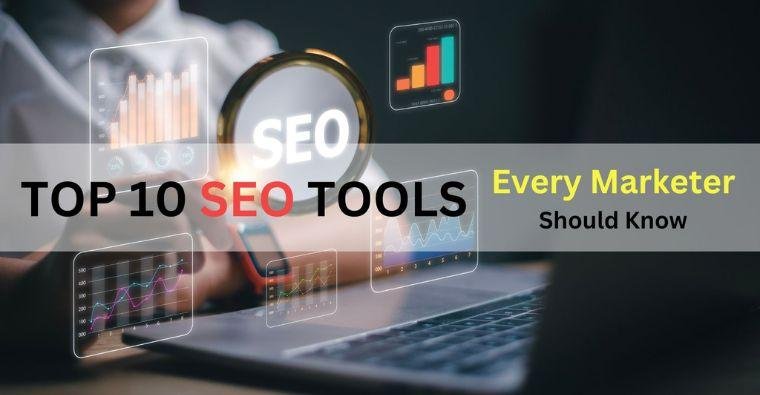Develop a Professional Website
User-Friendly Design: Ensure your website is easy to navigate, visually appealing, and mobile-friendly. Use a clean design with intuitive navigation.
Quality Content: Provide valuable, relevant, and engaging content that addresses the needs and interests of your target audience. Include blog posts, articles, and other resources.
SEO Optimization: Optimize your website for search engines to improve visibility. Use relevant keywords, meta descriptions, and high-quality backlinks.
Leverage Social Media
Platform Selection: Choose the right social media platforms where your target audience is most active. Popular options include Facebook, Twitter, LinkedIn, Instagram, and TikTok.
Consistent Branding: Maintain consistent branding across all social media channels. Use the same logo, color scheme, and messaging.
Engagement: Interact with your audience by responding to comments, messages, and mentions. Share engaging content, such as videos, images, and polls, to keep your audience interested.
Content Marketing
Blogging: Regularly publish blog posts on topics relevant to your industry. This helps establish your startup as an authority and drives organic traffic to your site.
Guest Posting: Write guest posts for reputable websites in your industry to reach a wider audience and build backlinks to your site.
Video Content: Create and share videos on platforms like YouTube and Instagram. Video content can include tutorials, product demos, behind-the-scenes looks, and customer testimonials.
Email Marketing
Build a Subscriber List: Encourage visitors to subscribe to your newsletter by offering valuable incentives, such as exclusive content or discounts.
Personalized Campaigns: Send personalized email campaigns tailored to the interests and behaviors of your subscribers. Use segmentation to target specific groups within your audience.
Automation: Use email marketing tools to automate campaigns, such as welcome emails, follow-ups, and re-engagement emails.
Online Advertising
Pay-Per-Click (PPC): Run PPC campaigns on platforms like Google Ads and social media to drive targeted traffic to your website. Focus on high-intent keywords and audiences.
Retargeting: Use retargeting ads to reach visitors who have previously interacted with your website or social media profiles. This can help convert leads who didn’t initially make a purchase.
Online Reviews and Testimonials
Collect Reviews: Encourage satisfied customers to leave reviews on platforms like Google My Business, Yelp, and industry-specific sites. Positive reviews build credibility and trust.
Showcase Testimonials: Display customer testimonials and case studies on your website to highlight your startup’s successes and build social proof.
Analytics and Monitoring
Track Performance: Use tools like Google Analytics and social media insights to monitor the performance of your online presence. Track metrics such as traffic, engagement, conversion rates, and more.
Adjust Strategies: Analyze the data to understand what’s working and what’s not. Make data-driven decisions to adjust and improve your strategies.
Collaborate with Influencers
Identify Influencers: Find influencers in your industry who align with your brand values and have a significant following.
Partnerships: Collaborate with influencers to promote your products or services. This can include sponsored posts, reviews, and social media takeovers.




